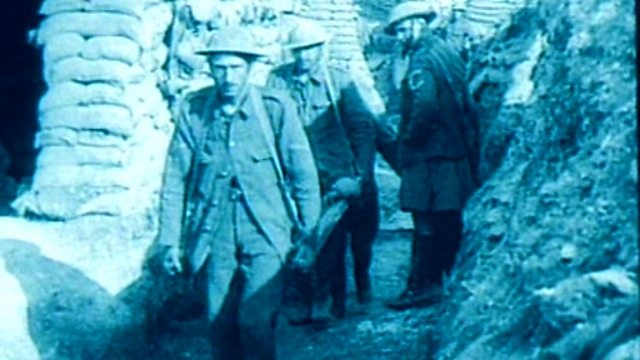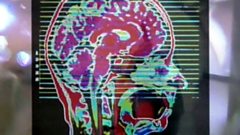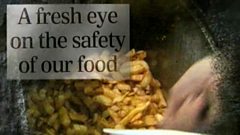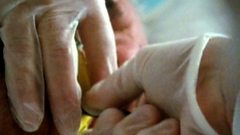
The effects of shellshock on WW1 soldiers and doctors
The War Office banned the use of the words 'shellshock' fearing it could spark major problems. Doctors were told to record 'not yet diagnosed' or simply to pass injured soldiers fit for duty. But after the 1917 Battle of Passchendaele in Belgium, where over 5,000 men had to be treated for shellshock, specialist hospitals tried new therapies to help patients recover. However, the emphasis was still on quick cures to return the men to the front line.
Duration:
This clip is from
More clips from Medicine through Time
-
![]()
Surgery of the future
Duration: 04:23
-
![]()
Government attitudes to healthcare
Duration: 01:04
-
![]()
Why did surgery become important to medicine?
Duration: 01:56
-
![]()
Challenges to the use of surgery as a cure
Duration: 03:21
More clips from History
-
![]()
Surgery of the future—Medicine through Time
Duration: 04:23
-
![]()
Government attitudes to healthcare—Medicine through Time
Duration: 01:04
-
![]()
The Hitler Youth and indoctrination of the young—Nazi Germany
Duration: 04:53






